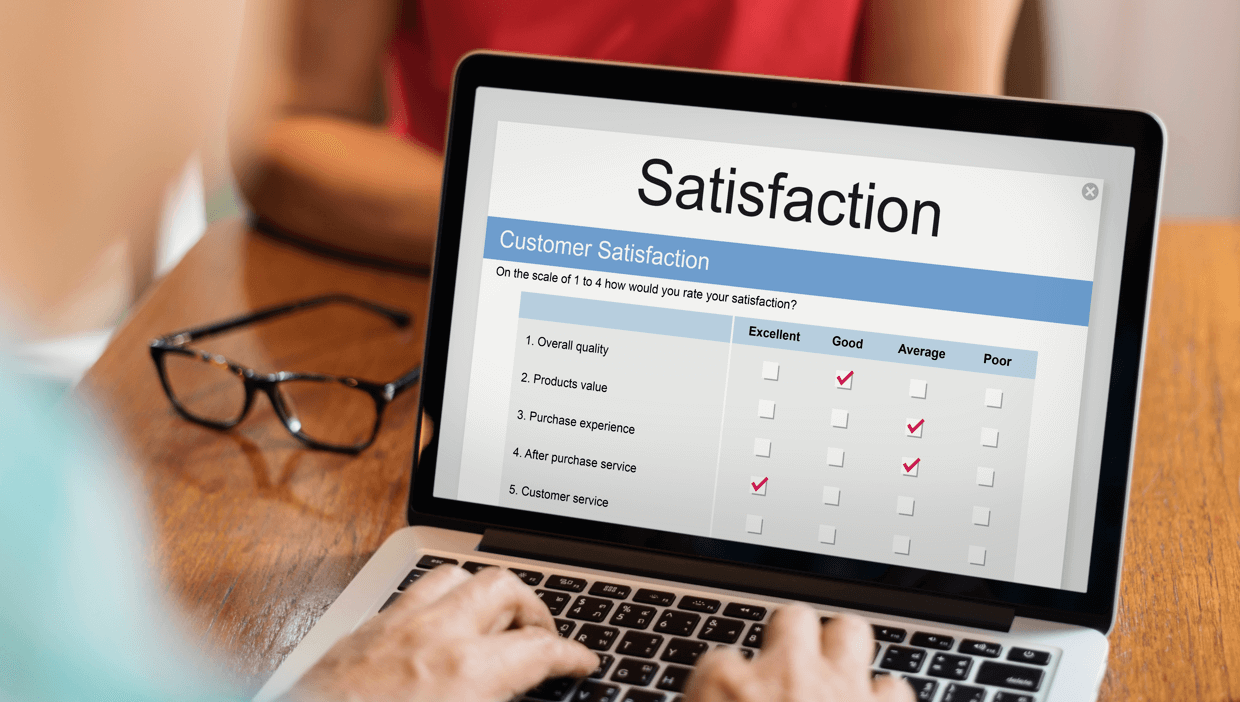The online reputation of your brand and your customers’ perceptions of your business are synonymous. Whether you’re a one-person outfit, small startup, or massive corporation, the way you present yourself online is very much like this age’s equivalent of a handshake. It’s really deep that first impression.
Online Reputation Management, also known as ORM, is the action of monitoring, addressing, or mitigating your online reputation. With so much of the public narrative happening on the internet, ORM ensures that your story is told in a way that garners trust amongst your audience.
Why is this important? According to BrightLocal, 98 percent of customers read reviews of local businesses. Worse still, an individual bad review can lose a business up to 22% of its would-be customers. By learning ORM, you can be proactive and help shape your reputation and protect your brand from possible damage.
This guide will show you how to learn online reputation management and give you the knowledge and resources you need to develop the tools, strategies, and mindset to dominate your online world.
Tracking Your Reputation Online
The very first step in crafting ORM is to be aware of what people are saying about your brand. You can’t control what you don’t measure.
Mention and Review Monitoring Tools
There are a number of really good tools out there for tracking your online presence in a quick and easy way. Here are some examples:
- Google Alerts: A free service from Google where you can create alerts for your business name, keywords, or competitors. You’ll receive an email alert whenever your keyword is mentioned online.
- Brand24 or Mention: These are some of the paid tools that let you track real-time mentions of your brand across the internet, including websites, blogs, forums, and social networking.
- Review Sites (Google My Business, Yelp, TripAdvisor): Keep a close eye on the review sites where customers are likely to give feedback about your service or products.
These tools help you take control of your online reputation in real time.
Honing Your Brand Alerts
Create strategic alerts for your brand name, your product names, and even your competition. For example:
- Add your business name with the other variations, i.e, [Brand Name], [BrandName. com, or [BrandName Official].
- Include relevant search terms that customers would use to find your business. For example, if you work in the tech repair industry, you might use keywords like “best tech repair,” “laptop fixes near me,” and so on.
- Use Hootsuite or Sprout Social to track more complex social media activity.
By doing this, you’ll be able to keep a close eye on your search presence and keep your responses (to a good or bad trend) agile.
The Art of Online Networking and Making Friends (and Connections) Online or IRL
Preparation matters as much as oversight. That means creating a professional-looking brand that is consistently believable and trustworthy.
Here’s how blogging makes you trustworthy before you ever speak to a customer.
Develop and Perfect Your Website and Social Media Profiles

For many of your customers, your website and social media pages are the first time they come into contact with your brand. Here’s how to do them right:
Professional Website:
- Set aside the money you need to pay for a basic, user-friendly website that reflects who you are and what you do.
- Write your site with search engines in mind by utilizing keywords such as “how to learn online reputation management.”
Consistent Social Profiles:
- On other platforms, such as LinkedIn, Instagram, Facebook, or TikTok (depending on your audience) keep active, professional profiles.
- Include high-resolution pictures, a clear profile description, and links to your website.
Content Marketing Strategies
Content marketing is an amazing way to establish yourself as an authority in your industry, as well as build trust with your readers:
- Blog Posts: Create blog posts that respond to the most frequent questions of customers. E.g., write on “The effects of ORM on small businesses.”
- Video clips – Share videos of you demonstrating your skills with video, channel your inner how-to!
- Social Proof Content: Post customer success stories, testimonials, or numbers that illustrate the impact your product or services have.
Notably positive content will help control possible negative content and will ensure that everyone who follows you always sees the best side of you or your brand.
Responding to Bad Reviews
Bad reviews come with the territory for every business. So what is most important is how you respond.
Dealing With Professionalism To Negative Reviews and Comments
Here’s a formula to keep in mind when answering unsatisfied customers:
- Keep Your Cool: Do not react with emotion or defensiveness.
- Acknowledge Their Experience:
Example response: “Really sorry to hear that.” - Offer a Resolution:
Sample reply: “We would love to make this right. Thank you, contact us at [contact info or support email].” - Follow Through:
Making sure that you back up your words with your actions is a great way to regain trust.
Making Lemons Out of Lemonade
A lot of companies have converted naysayers into raving fans, mostly by whipping up follow-ups. After resolving the issue:
- They dream of turning this data into an app or product enhancement, but still, the community persists in asking a polite question: How about an update?
- Reframe it as learning, and develop better internal processes from the feedback.
Protecting Your Brand
There’s nothing more important to your brand than your reputation. By taking preventive measures, your company will be spared from future crises.
Preventative Measures to Protect Your Reputation
- Educating Your Team:
Educate a team on delivering excellent customer service and ORM practices. - Consistency:
Remain focused on providing quality service and products. - Monitor Cybersecurity:
Safeguard customer information with state-of-the-art cybersecurity measures to prevent breaches that muddy the trusting relationship.
Lawsuits as the Remedy for Defamation
Though rare, fake or defamatory content could cause lasting reputational harm. If this occurs:
- Get in touch with the platform that hosts that content and make them pull it down if you feel it violates their standards.
- According to his speech, do not hesitate to consult your attorney, as issues may arise with regard to libel and slander.
Being ahead of the game will help you mitigate risks and keep the confidence of your public.
Developing a Strong Online Reputation and How to Maintain It
Becoming an expert at online reputation management takes some work, but the results speak for themselves. By being aware of your presence and taking protective measures, along with putting out worthwhile content, you can build trust, loyalty, and long-term growth.
And guys, don’t forget that ORM goes far beyond negativity. It’s all about providing consistent positive experiences to your audience.
Read our latest blog: Does Online Reputation Management Work? Here’s How It Can Transform Your Brand





